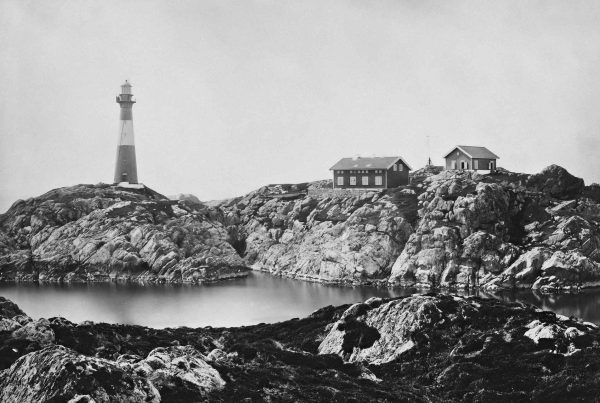 GOOD PHILOSOPHICAL WRITING
GOOD PHILOSOPHICAL WRITING
 RATIONALISM
RATIONALISM
RATIONALISM
 MEDIEVAL PHILOSOPHY
MEDIEVAL PHILOSOPHY
MEDIEVAL PHILOSOPHY
 ESSENTIAL WRITING SKILLS
ESSENTIAL WRITING SKILLS
ESSENTIAL WRITING SKILLS
 OTHER CATEGORIZATIONS OF PHILOSOPHICAL WRITING
OTHER CATEGORIZATIONS OF PHILOSOPHICAL WRITING
OTHER CATEGORIZATIONS OF PHILOSOPHICAL WRITING
 PYTHAGOREANISM
PYTHAGOREANISM
PYTHAGOREANISM
 SCHOLASTICISM
SCHOLASTICISM
SCHOLASTICISM
 SKEPTICISM (PYRRHONISM)
SKEPTICISM (PYRRHONISM)
SKEPTICISM (PYRRHONISM)
 PHILOSOPHY AS METHOD
PHILOSOPHY AS METHOD
PHILOSOPHY AS METHOD
 THE PRE-SOCRATICS
THE PRE-SOCRATICS
THE PRE-SOCRATICS
 POLITICAL PHILOSOPHY
POLITICAL PHILOSOPHY
POLITICAL PHILOSOPHY
 EXISTENTIALISM
EXISTENTIALISM
EXISTENTIALISM
 POST-KANTIAN PHILOSOPHY IN THE NINETEENTH CENTURY
POST-KANTIAN PHILOSOPHY IN THE NINETEENTH CENTURY
POST-KANTIAN PHILOSOPHY IN THE NINETEENTH CENTURY
 PLATO
PLATO
PLATO
 ARISTOTLE
ARISTOTLE
ARISTOTLE
Logic
Books
-
Sick Souls, Healthy Minds: How William James Can Save Your Life
$12.49 -
Critical Thinking (The MIT Press Essential Knowledge series)
$14.89 -
The Philosophy of Julia Kristeva (Library of Living Philosophers, 36)
$136.99 -
Politics (Oxford World’s Classics)
$12.95 -
The Analytic Tradition in Philosophy, Volume 2: A New Vision
$56.37 -
Practical Stoicism: Exercises for Doing the Right Thing Right Now
$4.99 -
Stoicism: How to Use Stoic Philosophy to Find Inner Peace and Happiness
$19.99 -
The Promise of Happiness
$21.44 -
Think Straight: Change Your Thoughts, Change Your Life
$14.99 -
Buddhism Plain and Simple: The Practice of Being Aware Right Now, Every Day
$9.59 -
The Book of Chuang Tzu (Penguin Classics)
$18.00 -
On Modern Origins: Essays in Early Modern Philosophy (Applications of Political Theory)
$53.14 -
The Claim of Reason: Wittgenstein, Skepticism, Morality, and Tragedy
$44.10 -
The African Origin of Civilization: Myth or Reality
$13.99
The Atomos Blog
Philosophy of Law: An Introduction
Philosophy of Law: An Introduction
Philosophy of Science: An Introduction
Aesthetics: An Introduction
Epistemology: An Introduction
Ethics: An Introduction
Logic: An Introduction
Metaphysics: An Introduction
Philosophy of History: An Introduction
Philosophy of Language: An Introduction
Philosophy of Mind: An Introduction
Philosophy of Technology: An Introduction
Political and Social Philosophy: An Introduction
Environmental Philosophy: An Introduction
Existentialism and Phenomenology: An Introduction
Feminist Philosophy: An Introduction
Philosophy of Mind: An Introduction
Terms & Concepts



































































